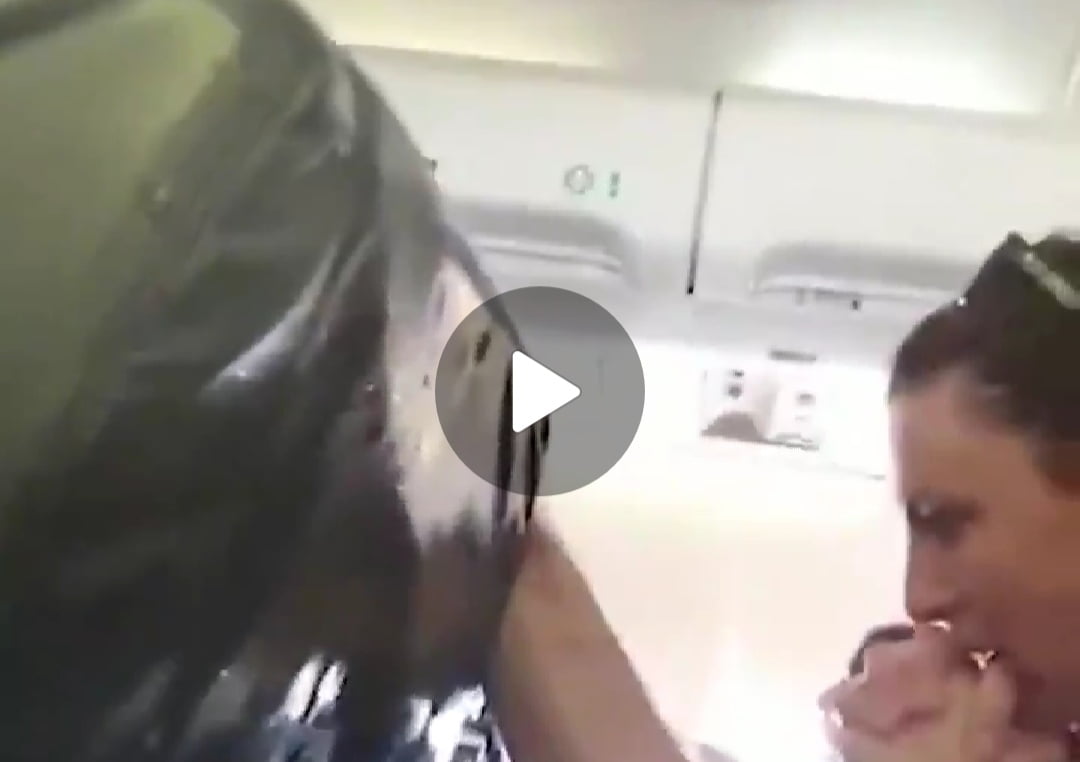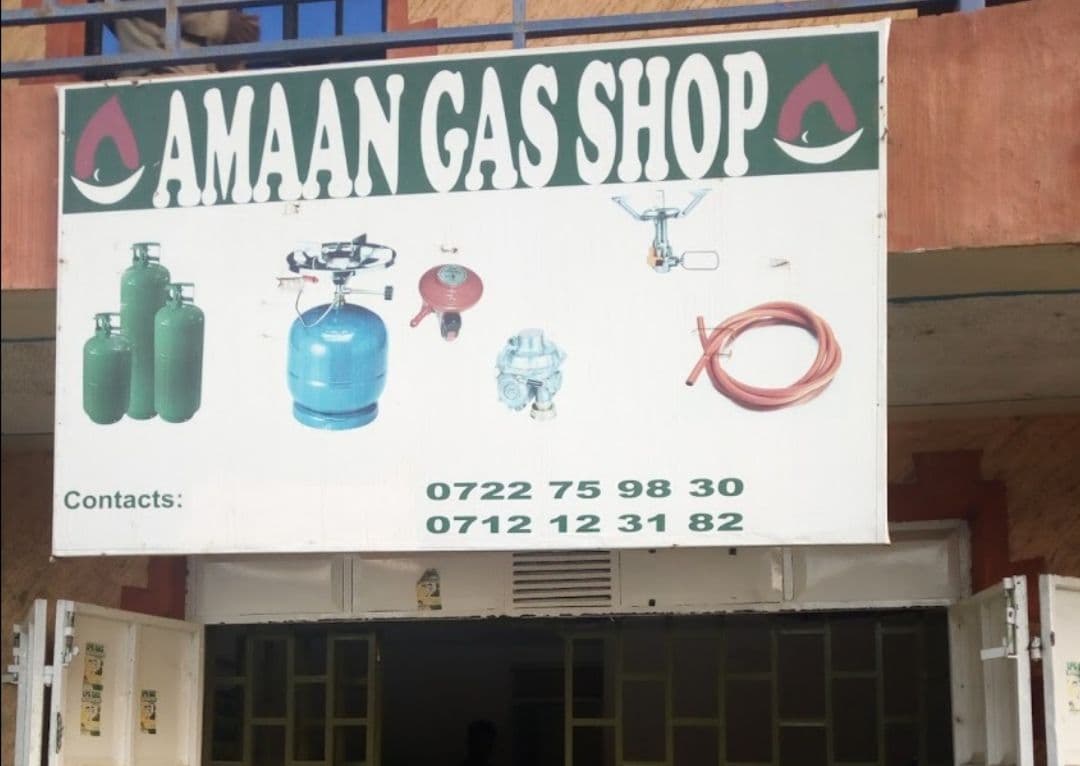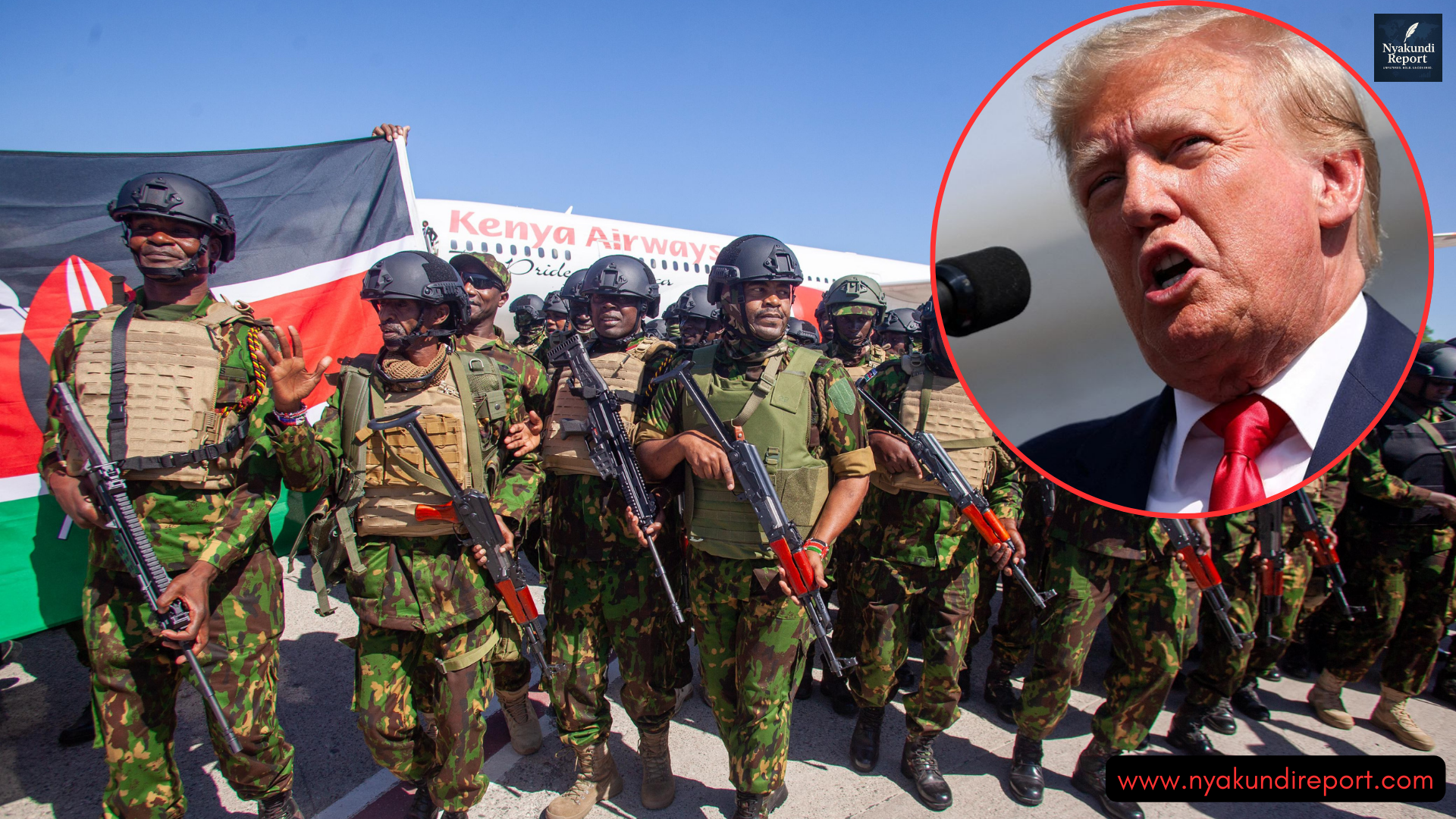Two Kenyan police officers in Haiti sustained serious injuries during clashes with heavily armed gangs in recent days, with one of the officers being shot in the head by a bullet that pierced his helmet, while the other was struck in the ear when a gunshot penetrated the walls of their armoured vehicle.

The officers, who were part of the United Nations (UN) backed Multinational Security Support (MSS) mission aimed at restoring security in Haiti, were evacuated to the Dominican Republic for urgent medical care following the attack, according to a report by Reuters.
This latest incident adds to the growing list of casualties within the mission, as the frequency and severity of gang violence in the Haitian capital, Port-au-Prince, continues to escalate.
Over the past months, violence in the region has intensified, with gangs asserting control over key territories, thereby limiting access to safe zones and jeopardizing the safety of both locals and international peacekeepers.
This situation has been compounded by the poor living conditions for Kenyan officers.
Many have raised concerns about the lack of basic necessities, including proper bedding, as well as the inability to receive adequate meals.
Some officers have even reported having to make do with makeshift arrangements like sleeping on thin mattresses on the bare floor.
Shocking Conditions in Haiti as Kenyan Police Officers Sleep on Bare Floors
The injuries of the two officers, however, have raised some confusion when placed in the context of the broader casualty situation within the MSS mission.
Multiple sources have pointed out the disparity between official statements and the reality on the ground, where the mission’s casualty reports seem to be constantly shifting, adding to the uncertainty faced by the personnel on the mission.
According to multiple sources, the injuries sustained by the officers occurred during routine patrols in Port-au-Prince, where gangs control large parts of the capital.
The officers had been conducting a security sweep in one of the city’s most volatile districts when they encountered an ambush by heavily armed gang members.
This attack exposed the vulnerability of international forces despite the support provided by the UN and other international stakeholders.
The revelation about the latest injuries to Kenyan officers in Haiti comes after a series of troubling casualties within the Multinational Security Support (MSS) mission.
The first fatality occurred in February 2025, when Police Constable Samuel Tompoi Kaetuai was fatally shot in the head during an anti-gang operation on February 23.
This tragic incident marked the beginning of a growing list of casualties that have plagued the mission, sparking concerns among both local and international observers about the effectiveness and sustainability of the operation.
The latest confusion emerged when Police Corporal Benedict Kabiru Kuria was reportedly killed in an ambush by gangs in the Lower Artibonite region on March 25, 2025, with conflicting reports between the Kenyan and Haitian governments over whether the officer was dead or merely missing.
The ambiguity surrounding his status has added to the challenges the mission faces, as it underscores the communication breakdowns between the two governments, which have contributed to delays in confirming casualties and proper identification.
Inspector General Douglas Kanja, speaking on March 30, clarified that efforts were still ongoing to locate the missing officer. Despite the officer’s presumed death, the uncertainty surrounding the officer’s status has further highlighted the challenges faced by the MSS mission in Haiti.
While the mission has focused on stabilising the capital, the peripheries, such as the Lower Artibonite region, have become more dangerous, making it increasingly difficult for peacekeepers to provide adequate protection in those areas.
The Kenyan officers, who have been stationed in Haiti since June 2023 as part of a broader multinational effort, have consistently raised concerns over inadequate equipment to combat the growing threat posed by gangs.
Since their deployment, Kenyan officers have voiced their frustrations about the lack of appropriate resources, including armoured vehicles and protective gear, which have proven ineffective against the increasingly sophisticated attacks by gangs armed with high-powered weapons.
The two officers injured in the latest attack, along with others, have expressed frustration over the poor quality of their protective gear, particularly the armoured vehicles.
These vehicles, meant to safeguard the officers during patrols in hostile environments, have been compromised due to poor maintenance and substandard design.
According to reports from the officers who spoke to global news agency Reuters under the request of anonymity, 20 armoured vehicles have been grounded since the weekend, as the vehicles failed to stop bullets during previous incidents.
In one instance, officers reported that a bullet had pierced the vehicle’s armour, putting their lives at risk.
These repeated failures have led officers to refuse using these vehicles, which they argue are unsafe and unreliable in the face of increasingly sophisticated gang attacks.
With their safety being threatened on a daily basis, many officers have demanded immediate upgrades to their equipment, but frustration is growing as promises from higher-ups to address these concerns have been slow to materialize.
While MSS spokesperson Jack Ombaka has assured that efforts are being made to improve logistical support and ensure equipment meets international standards, senior MSS officials have acknowledged that there is an urgent need to address these equipment deficiencies.
Ombaka has also pointed to ongoing discussions with international partners regarding potential solutions to improve the mission’s equipment, though many officers remain sceptical about the timeline for these changes.
To that end, an MSS delegation is scheduled to travel to Washington in the coming days to raise these concerns directly with US officials.
The mission’s leadership is hoping to leverage US influence to secure additional resources, including better vehicles, protective gear, and medical supplies.
The United States, which provides the majority of funding and equipment for the mission, has been a key partner in the multinational effort to stabilize Haiti.
However, reports suggest that there is growing uncertainty regarding the future of the mission, particularly in light of speculation about a potential reduction in US funding.
Despite these challenges, Inspector General Kanja reaffirmed on March 30 that US funding for the mission was still ongoing, providing some reassurance to those involved in the operation.
The ambiguity surrounding the future of the mission and the growing uncertainty regarding US support continue to create an atmosphere of unease among the Kenyan officers in Haiti.











































